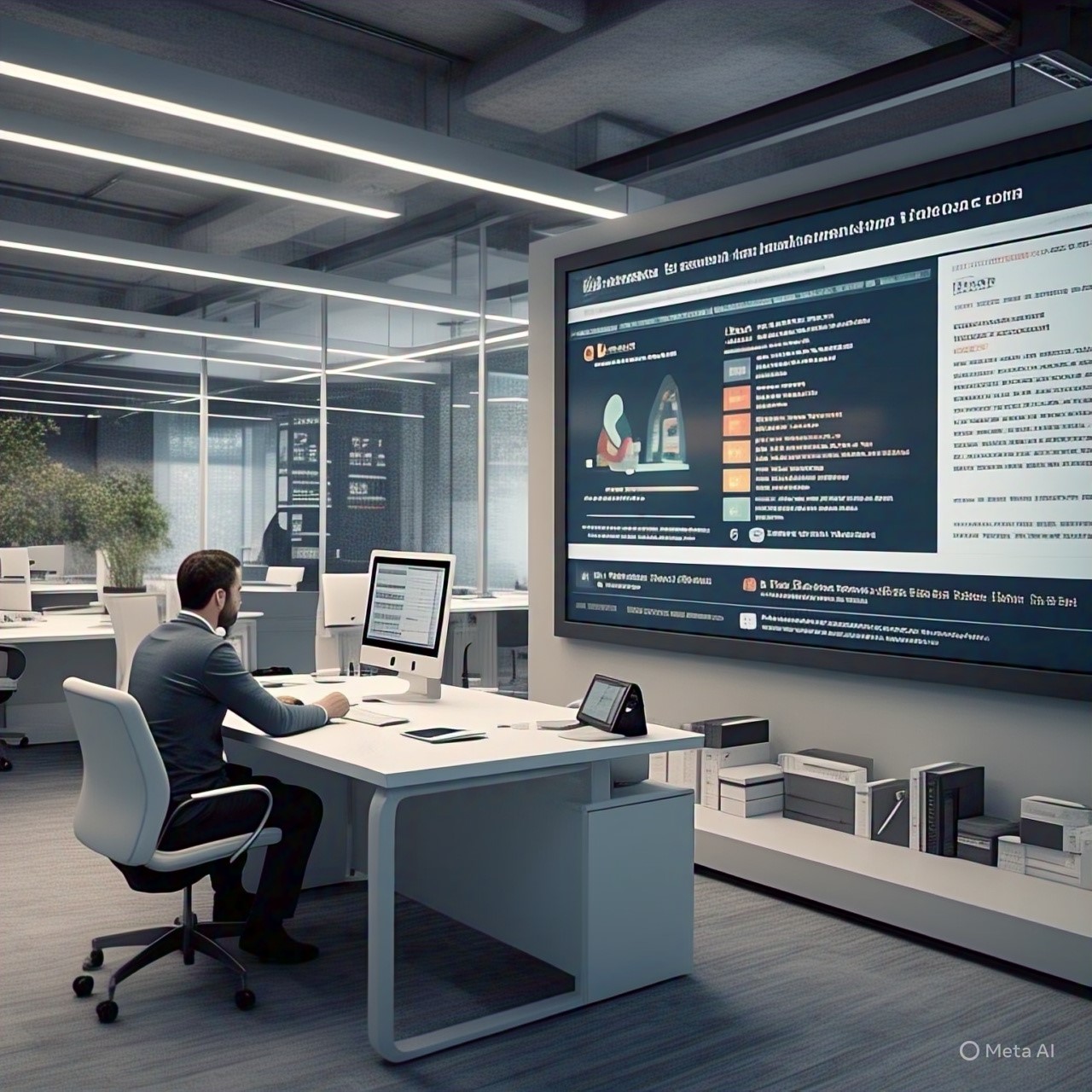
Everything You Never Knew About MCC Codes and How They Impact Your Small Business?
Merchant Category Codes (MCCs) are a critical, yet often overlooked, aspect of running a business. For small business owners, understanding what MCC codes are and how they impact their operations is essential to managing costs, improving financial efficiency, and ensuring compliance with regulations. These four-digit codes, used by payment processors and financial institutions, help categorize businesses based on the products and services they offer. In this article, we’ll explore everything you need to know about MCC codes, their impact on your small business, and why they matter for both tax reporting and payment processing.
What Are MCC Codes?
Merchant Category Codes (MCCs) are four-digit numbers that classify businesses based on their primary type of business activity. Developed by credit card networks like Visa, MasterCard, and American Express, MCCs help financial institutions, payment processors, and credit card companies identify the nature of transactions. These codes are used to categorize merchants into broad groups such as retail, travel, services, or financial services.
For example, a clothing store may have an MCC code in the 5600 range, while a grocery store might have an MCC code in the 5411 range. MCCs are vital for understanding transaction data and affect everything from payment processing fees to tax reporting.
Why Are MCC Codes Important for Small Businesses?
MCC codes play a significant role in several aspects of a small business’s operations. Understanding these codes and how they work is crucial for making informed business decisions. Here’s how MCC codes impact your business:
1. Payment Processing Costs
Payment processors set their fees based on the type of merchant and the MCC code that corresponds to the business activity. Some business activities carry higher risks than others, such as online gambling or adult entertainment, and this is reflected in the fees charged by payment processors. Businesses with higher-risk MCCs may face higher transaction fees, which can add up quickly for small business owners.
For instance, businesses that operate in industries considered higher risk—like pawn shops or adult content—are often charged higher fees for processing payments. On the other hand, low-risk industries such as groceries or retail may enjoy lower transaction fees. If you’re operating in a niche industry, it’s essential to research which MCC codes apply to your business to understand the associated costs.
2. Impact on Tax Reporting and Deductions
MCC codes are also essential for tax reporting. The IRS uses MCC codes to track business activities, categorize income, and ensure that businesses comply with tax laws. The code assigned to your business can affect the deductions you’re eligible for and how your income is reported.
Certain MCC codes may influence how much you pay in taxes based on the deductions or credits associated with specific industries. For example, businesses that sell medical products may qualify for specific tax exemptions, and the IRS uses MCC codes to identify those businesses. By understanding your MCC code, you can ensure that you’re claiming all eligible deductions and complying with tax requirements.
3. Credit Card Processing Rules and Chargebacks
MCC codes can also impact your chargeback protections and credit card processing rules. Chargebacks happen when customers dispute a transaction, and depending on your MCC code, the process of handling chargebacks might differ. For businesses in high-risk industries, the process for handling chargebacks may be more stringent. On the other hand, businesses with lower-risk codes might have more lenient chargeback processes and fewer restrictions.
Understanding your MCC code can help you prepare for potential chargebacks and tailor your business practices to reduce the risk of disputes. Some credit card companies also restrict certain high-risk MCCs, so knowing the code associated with your business can prevent potential issues when dealing with payment processors.
4. Influencing Consumer Behavior and Loyalty Programs
MCC codes also have an impact on consumer behavior, especially regarding rewards and loyalty programs. Credit card companies may offer different incentives or rewards based on the type of merchant. For example, customers who shop at restaurants may receive cash-back rewards for using their credit card, while someone shopping at a department store might receive travel points.
As a small business owner, understanding how MCC codes affect consumer incentives can help you make more strategic decisions when accepting payments. For instance, if you’re a restaurant owner, your business may be eligible for rewards programs offered by credit card companies to encourage customers to use their cards more often at your establishment. This can drive sales and build customer loyalty.
How MCC Codes Affect Payment Processing Fees
The type of MCC code assigned to your business directly influences the fees you’ll pay for processing credit and debit card transactions. Payment processors typically charge higher fees to businesses with higher-risk activities due to the perceived risk of fraud, chargebacks, or financial instability.
For example, a standard retail business might face an interchange fee of 1.5% to 2% per transaction, while a business in the high-risk category (like online gaming or firearms) may face fees as high as 3% or more. These extra costs can add up, particularly for small businesses with thin profit margins.
On the other hand, businesses in low-risk industries might benefit from lower processing fees, making it more cost-effective to accept credit card payments. Understanding how different MCC codes impact your payment processing fees can help you negotiate better rates with your payment processor.
Changing Your MCC Code: What You Need to Know
In some cases, businesses may need to change their MCC code, especially if their business model changes significantly. For example, if a retailer expands to offer more services, or if a business transitions from selling physical products to digital goods, the MCC code associated with their business may need to be updated.
To change your MCC code, you will need to coordinate with your payment processor or acquiring bank. They may request additional documentation or explanations for the change, and it’s important to keep accurate records to ensure that the new MCC code is applied correctly.
Examples of MCC Codes
Each MCC code corresponds to a specific category of products or services. Here are some examples of common MCC codes:
- MCC 5411: Grocery Stores and Supermarkets
- MCC 5812: Eating Places and Restaurants
- MCC 5732: Electronics Stores
- MCC 5611: Men’s and Boys’ Clothing Stores
- MCC 4111: Transportation Services (e.g., taxis, buses)
- MCC 6011: Financial Institutions (e.g., banks, credit unions)
Conclusion
Merchant Category Codes (MCCs) are more than just a technical classification—they have a direct impact on your small business’s operational costs, payment processing, tax reporting, and even customer behavior. By understanding your business’s MCC code, you can make informed decisions that improve your financial efficiency, ensure compliance with tax regulations, and minimize payment processing costs.
It’s also important to regularly review your business’s MCC code, particularly if your business model changes, to ensure that you are paying the most appropriate fees and maximizing any potential tax benefits. If you’re uncertain about your MCC code or its impact, consult with a payment processor or financial advisor to get personalized guidance tailored to your specific business.
FAQs
1. How do I find my MCC code?
You can typically find your MCC code on your payment processor’s platform or in the merchant services agreement you have with your bank or payment provider. Alternatively, your financial institution can provide you with this information.
2. Can my MCC code be changed?
Yes, if your business model changes significantly, you may need to update your MCC code. This process requires coordination with your payment processor or acquiring bank.
3. How do MCC codes affect payment processing fees?
MCC codes directly influence the fees you pay for credit card transactions. High-risk industries may face higher transaction fees, while low-risk industries may benefit from lower fees.
4. Why is it important to understand MCC codes?
Understanding your MCC code helps you manage costs, optimize your payment processing, ensure tax compliance, and take advantage of consumer rewards programs that may benefit your business.
5. Can MCC codes help reduce chargebacks?
MCC codes influence the rules for chargebacks, with higher-risk industries facing more stringent rules. By understanding your code, you can adopt best practices to minimize chargebacks and manage disputes effectively.




